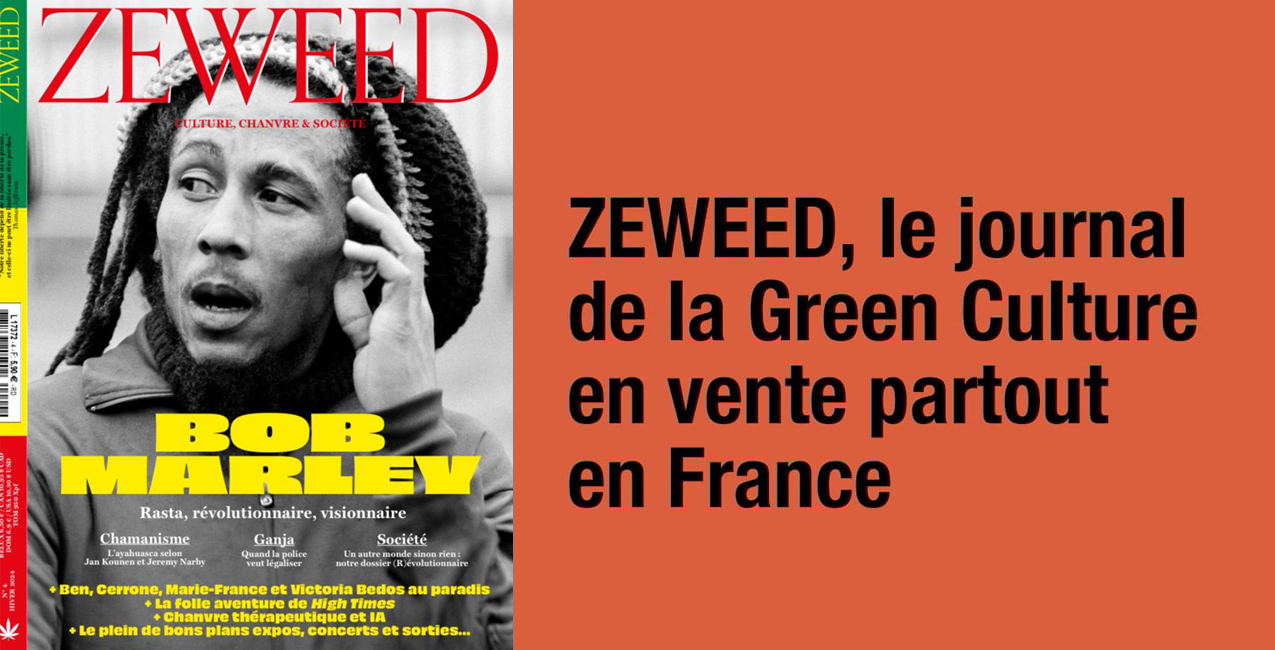Ariel, avid smoker, is our special envoy in Lebanon. There, he delves into the different facades of cannabis from one of the major producers of hash in the world.
Approximately thirty kilometres east of Beirut, at the base of the mountains that separate Lebanon from Syria, stretches the Békaa valley. In this same place, which constitutes the most important agricultural region of Lebanon, 60% of the fields are used for cannabis cultivation. Although this cultivation goes back to the Ottoman Empire, and that it continued during the French mandate, it is today on an unprecedented scale, a pillar for the economic survival of an entire community.
After the failure of a government plan initiated in the 1990s designed to eradicate Lebanese cannabis by drastically burning the fields, the Lebanese State progressively turned a blind eye on an activity that communities across Békaa, already in a precarious state, rely on. The outbreak of the Syrian conflict has given rise to a paradoxical scenery in the valley, as described by the journalist Patricia Khoder: “The cultivation in the fields and the irrigation system henceforth occurs in the sight of everyone. Besides, when walking around the Békaa, one can notice, in many places, military roadblocks set up in front of vast cannabis fields […] which intimidates the inhabitants, even if they know that the police and the armed forces will not intervene when the fields will be cut down.” The reason why cannabis dominates other plants in the Békaa valley is simple: 1000 squared metres of cannabis costs $20 per year for a farmer, whereas it takes $1500 to cultivate potatoes on the same surface area.
The real impact of the militarisation related to the Syrian war is that of the training for the exploration of Lebanese cannabis. 90% of the cultivation is destined for export, of which 60% solely for Egypt – the major consumer in the Middle East. Whereas a dealer only used to have one smuggler to pay in order to transport hash on Syrian roads, he will now need to bribe several armed factions, sometimes opposing factions. To this, one needs to add the increased security on the air and sea borders, with 7.5 tons of cannabis seized in 2016.
Consequently, the hash economy in Lebanon is characterised today by an imbalance of the demand compared to the supply. At the end of the 90s, a kilo could cost up to $1200, several years ago, it was approximately $400. However today, $200 is sufficient enough – to the great pleasure of the local consumers, numerous but discreet, and to the discontent of the farmers in the Békaa.
Ariel Iglesias.











